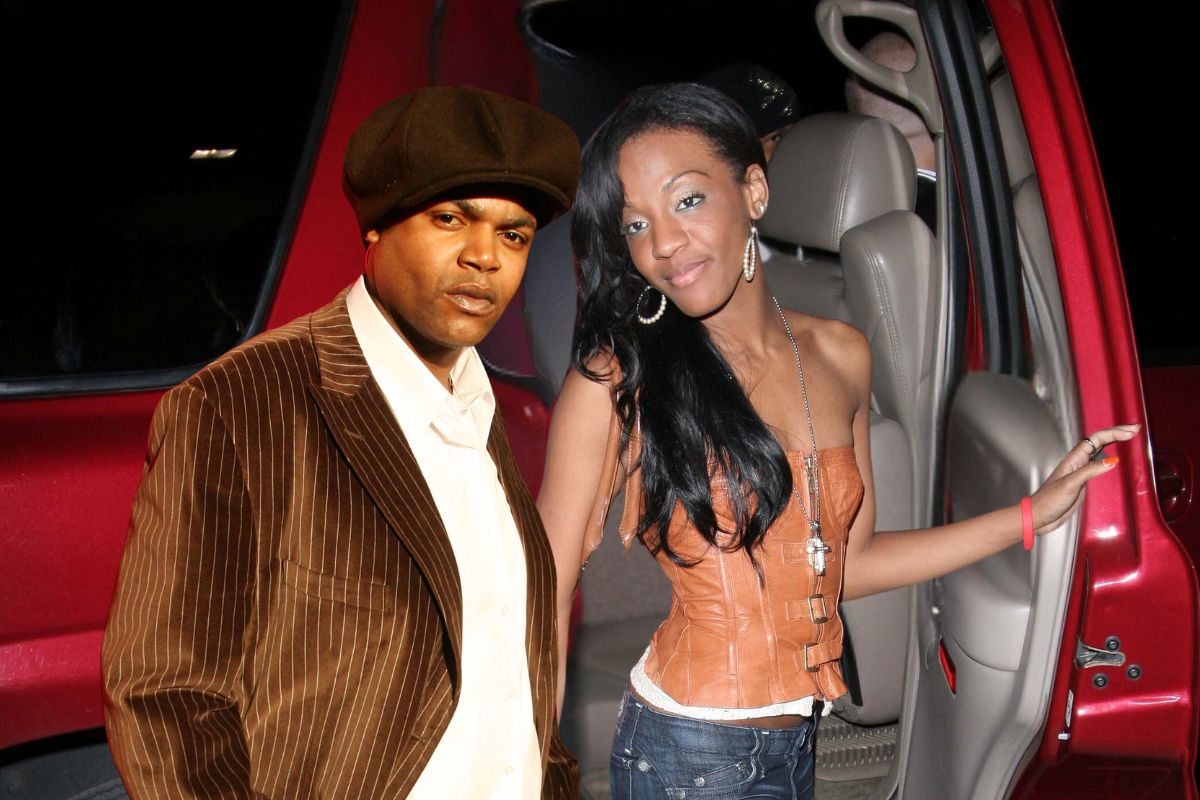Harve Pierre, once a top executive at Sean “Diddy” Combs’ Bad Boy empire, is pushing to have a lawsuit against him by singer Dawn Richard thrown out of court.
The case centers around an altercation that allegedly occurred in December 2010 at a Manhattan recording studio.
Richard claims Pierre was involved in the incident, which she says left her confined against her will for hours.
The lawsuit alleges that Diddy’s bodyguard forcibly removed Richard from the studio during an argument, detaining her inside a car for several hours before eventually releasing her at Pierre’s order.
According to Richard, this only happened after her father arrived on the scene and demanded her release.
Pierre’s attorney, Scott E. Leemon, argues that the case should be dismissed for multiple reasons, including the inapplicability of a 2022 amendment to the Victims of Gender-Motivated Violence Act (GMVL).
Leemon also insisted that the accusations did not establish a sufficient legal link between Pierre and Diddy’s alleged actions.
He said, “The complaint fails to support a reasonable inference that Mr. Pierre enabled Combs’ conduct.”
Further complicating the case for Richard, Pierre’s legal team claims that the allegations of false imprisonment and intentional infliction of emotional distress are outdated.
“New York State has a one-year statute of limitations for claims like these,” explained Leemon. “Even if the claims were timely, they lack the necessary evidence suggesting that Pierre was involved in any tortious act.”
The complaint also accuses Pierre of breaching an implied contract, but Leemon argues that such a claim requires proof of a binding agreement, which Richard’s suit does not provide.
“There is no allegation of any contractual obligation between the parties,” he said.
In addition, accusations of fraud and intentional misrepresentation were raised within the complaint, but Pierre’s team believes these claims are unsubstantiated.
“The complaint’s vague and undifferentiated allegations of fraud against all defendants fail to meet the specificity standards required in such cases,” Leemon remarked.
Pierre’s legal team remains confident that the pending motion to dismiss will succeed, saying they believe the court will determine that Pierre is not liable for any alleged misdeeds.
“The complaint fails on several grounds, and we are optimistic that Mr. Pierre will be cleared,” Leemon concluded.
